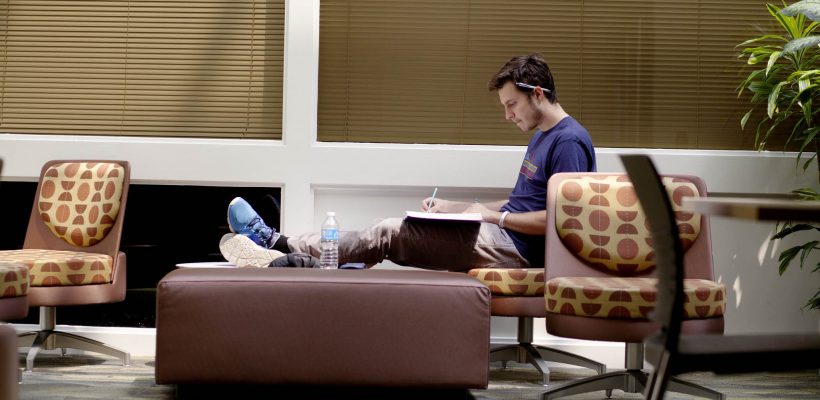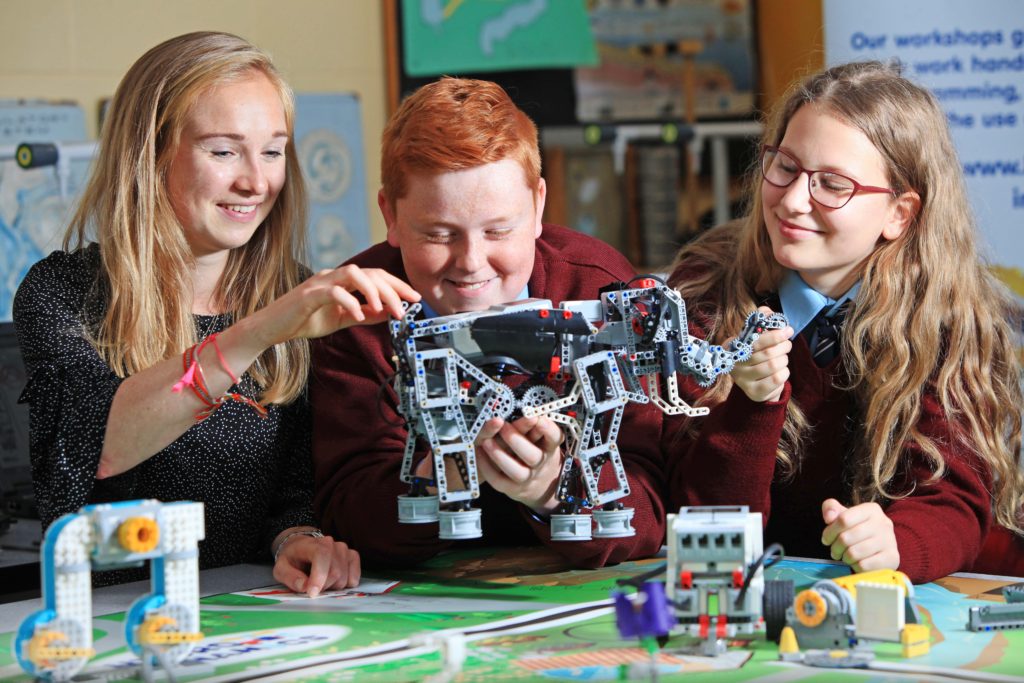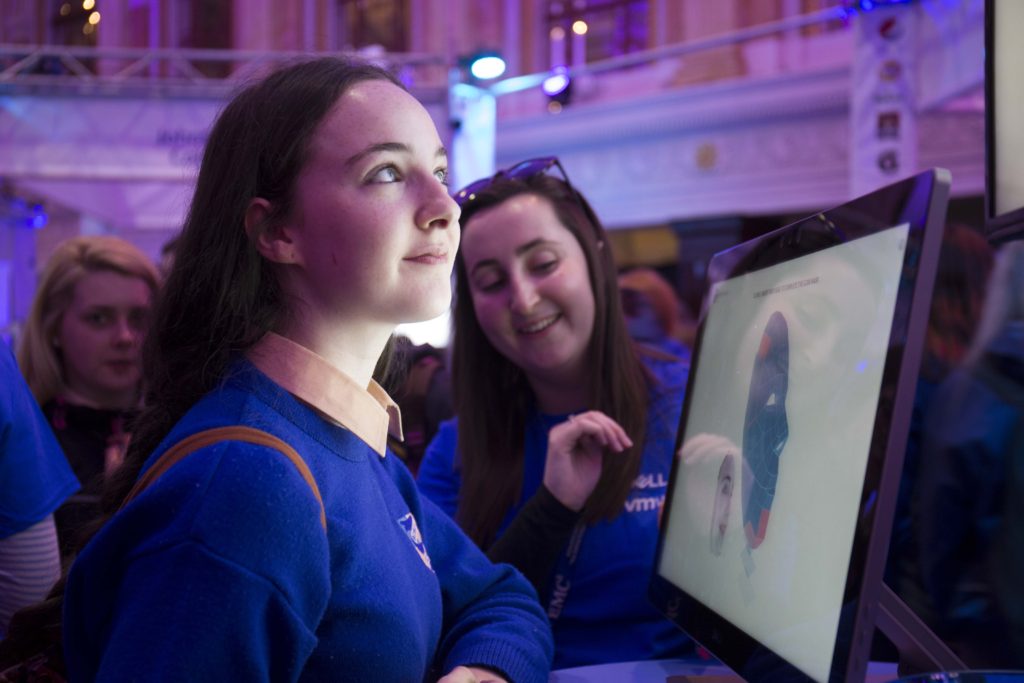
A Transition Year offers pupils a broad educational experience with a view to the attainment of increased maturity, before proceeding to further study and/or vocational preparation. It provides a bridge to help pupils make the transition from a highly-structured environment to one where they will take greater responsibility for their own learning and decision making. Pupils will participate in learning strategies which are active and experiential and which help them to develop a range of transferable critical thinking and creative problem-solving skills. The Transition Year should also provide an opportunity for pupils to reflect on and develop an awareness of the value of education and training in preparing them for the ever-changing demands of the adult world of work and relationships.
The Transition Year should offer pupils space to learn, mature and develop in the absence of examination pressure. The school should ensure therefore that, in all areas studied, there is a clear distinction between the Transition Year programme and the corresponding Leaving Certificate syllabus. A Transition Year programme is NOT part of the Leaving Certificate programme, and should NOT be seen as an opportunity for spending three years rather than two studying Leaving Certificate material. This is not to say that Transition Year programmes should lack intellectual content; it is essential that they offer a challenge to pupils in all areas of their development. Pupils entering the Leaving Certificate programme on completion of a Transition Year should be better equipped and more disposed to study than their counterparts who did not have the benefit of this year. Those who enter the world of work after the Transition Year should do so as well developed and reflective young adults.
A key feature of Transition Year should be the use of a wide range of teaching/learning methodologies and situations. The goals and objectives of the programme can best be achieved by placing particular emphasis on:
- Negotiated learning;
- Personal responsibility in learning;
- Activity-based learning;
- Integration of appropriate areas of learning;
Team teaching approaches;
- Group work: discussion, debate, interview, role play;
- Project work and research;
- Visiting speakers and seminars;
- Study visits and field trips;
- Work experience, work simulation, community service.
Educational activities undertaken should enable students to have a valid and worthwhile learning experience with emphasis given to developing study skills and self-directed learning.



